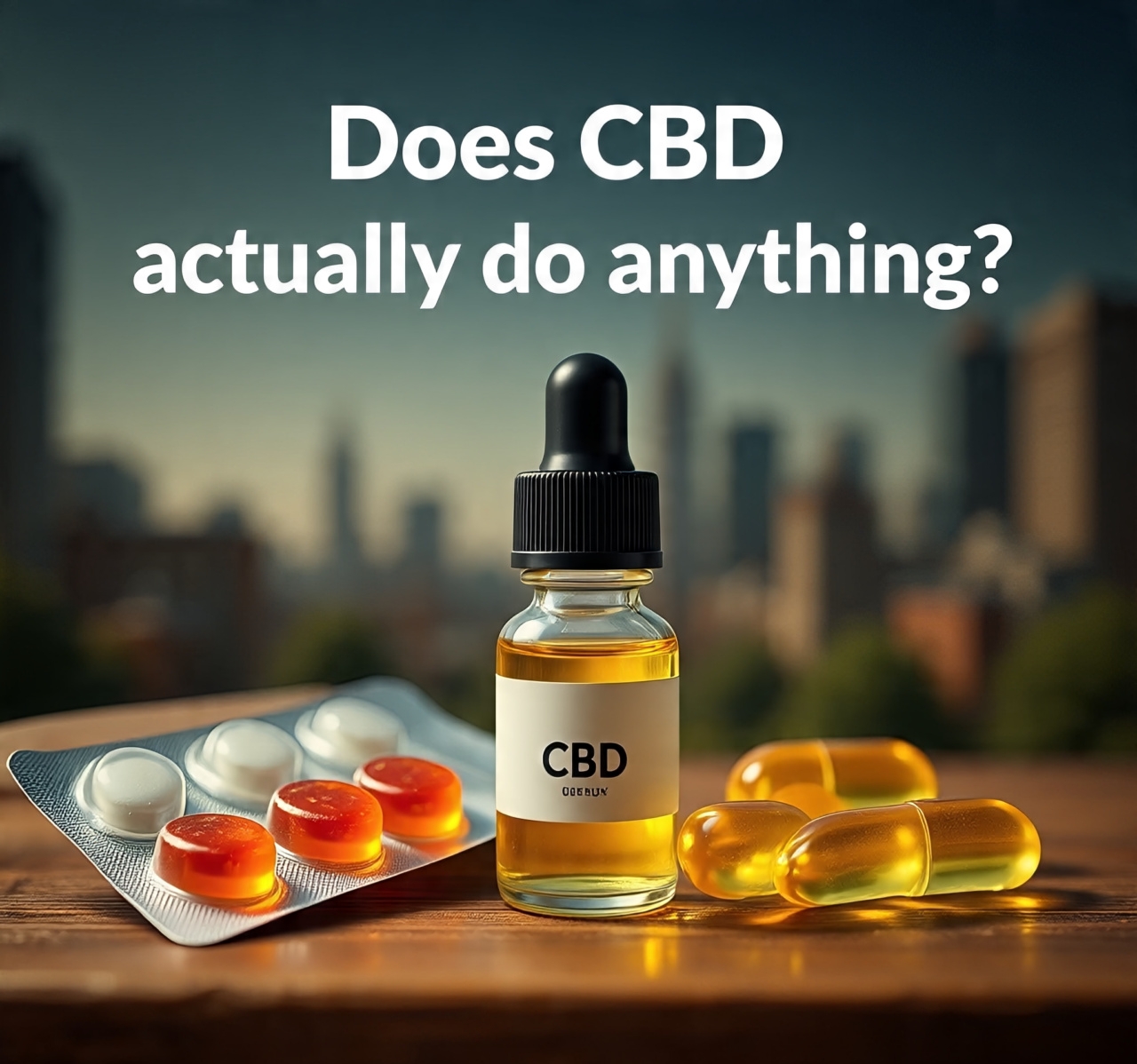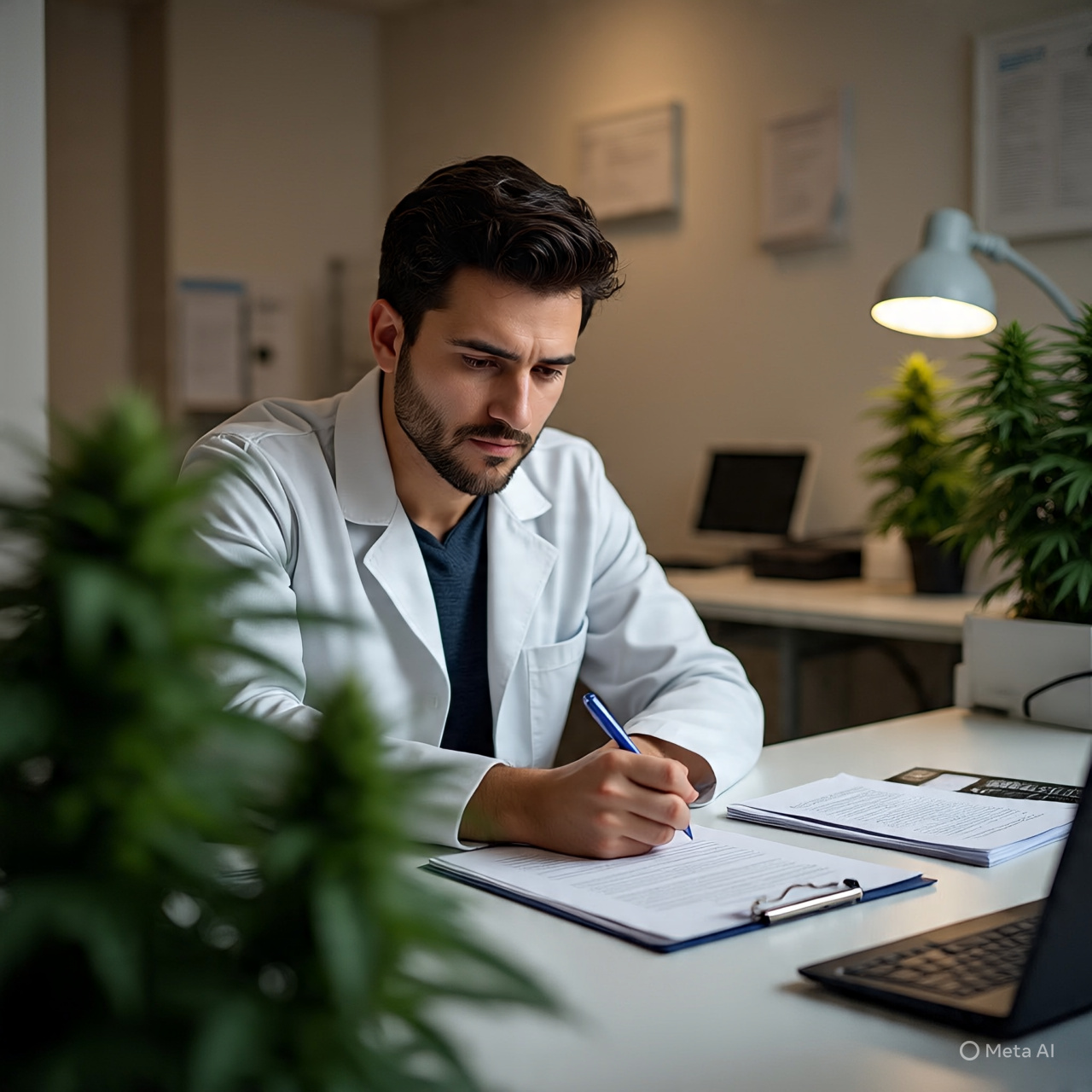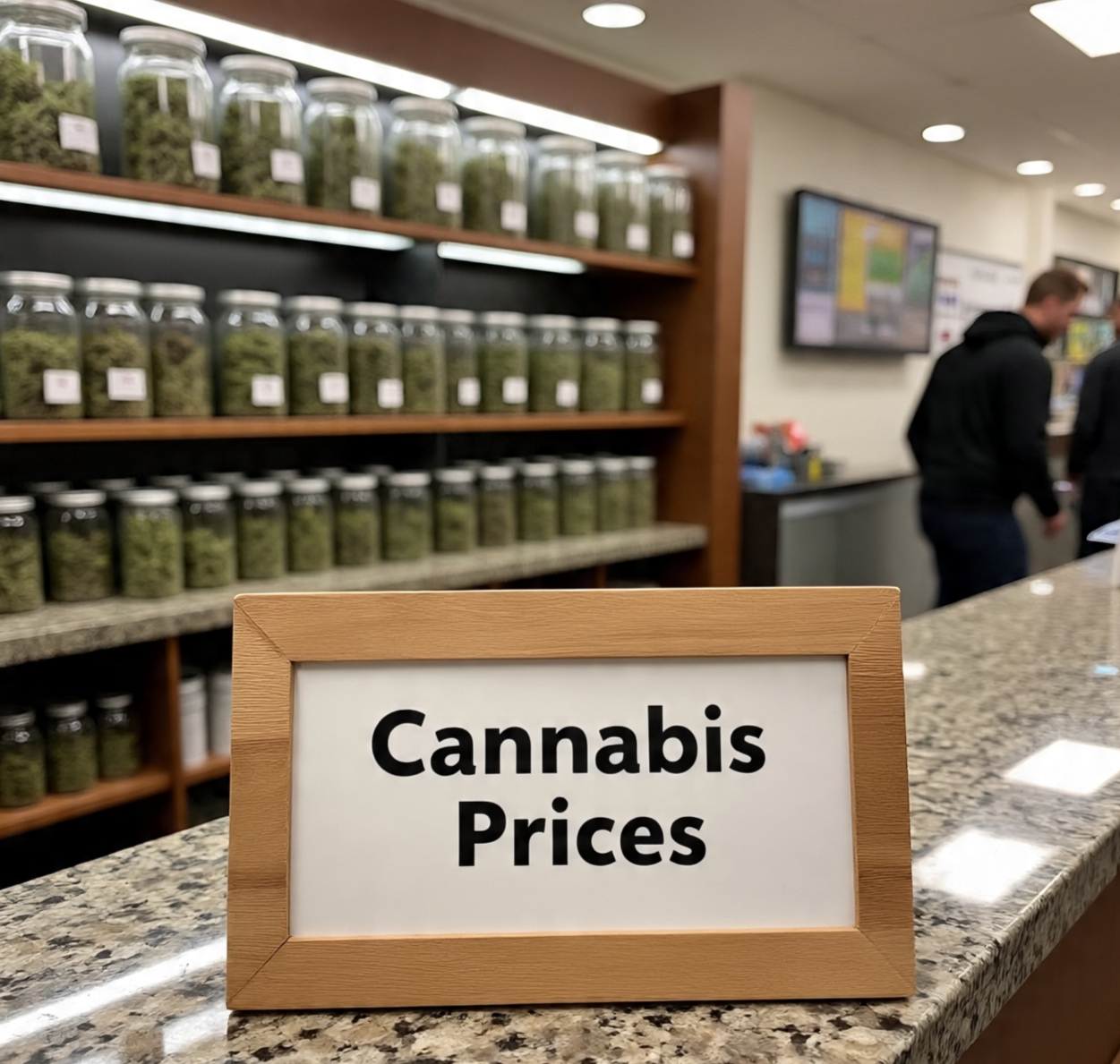HOW CAN UK PATIENTS ACCESS MEDICAL CANNABIS SAFELY AND LEGALLY
How Can UK Patients Access Medical Cannabis Safely?
—
1. LEGAL FRAMEWORK & PRESCRIBING AUTHORITY
1.1 LEGAL STATUS SINCE 2018
Medical cannabis has been legal in the UK since a Misuse of Drugs Act amendment in November 2018, but remains tightly controlled as a Class B substance . Only prescribed products classified as Cannabis-Based Medicinal Products (CBPMs) are lawful to possess.
1.2 WHO CAN PRESCRIBE MEDICAL CANNABIS
Only doctors on the General Medical Council’s (GMC) Specialist Register can prescribe CBPMs—typically neurologists, oncologists, or pain experts . GPs cannot initiate prescriptions but may continue under a specialist-led shared-care agreement in rare cases .
—
2. ELIGIBILITY CRITERIA & CLINICAL PATHWAY
2.1 ELIGIBLE CONDITIONS
NHS may consider cannabis-based medicines only when other treatments have failed. Eligible conditions include:
Severe epilepsy (e.g. Dravet, Lennox-Gastaut)
MS-related spasticity
Chemotherapy-induced nausea/vomiting
Private clinics additionally treat chronic pain, anxiety, PTSD, insomnia, ADHD, and more .
2.2 NHS VS PRIVATE ROUTES
NHS-issued prescriptions are extremely limited (fewer than five since legalization) . Most UK patients access treatment via private, Care Quality Commission‑registered clinics .
2.3 TYPICAL PATIENT PATHWAY
1. Referral & records: Your GP may refer you or you can self-refer. You’ll need a Summary Care Record and history .
2. Initial consultation: A specialist reviews your medical history, symptoms, and confirms two standard treatments have failed .
3. Prescription & dispensing: If approved, a CBPM is prescribed (e.g., oils, capsules, vaporisable flowers). It’s dispensed via licensed pharmacies directly to you .
4. GP coordination: Provide GP with a copy to avoid drug interactions .
5. Ongoing follow‑up: Regular reviews adjust dose, monitor safety, and manage side effects .
—
3. SAFETY & MONITORING PROTOCOLS
3.1 CLINICAL RESPONSIBILITY
Specialists must follow NHS governance for unlicensed medicines: structured multidisciplinary review, documented rationale, and risk management . PCP/licensed drugs must have failed, benefits must outweigh risks.
3.2 SIDE EFFECTS & INTERACTIONS
CBPMs may cause diarrhoea, nausea, weakness, dizziness, changes in appetite or mood, fatigue, feeling “high,” or rarely hallucinations and suicidal thoughts. Report issues via the NHS Yellow Card Scheme .
CBD may affect liver enzymes; THC may exacerbate risk of psychosis or dependency. Specialists regularly monitor liver function and mental health .
—
4. LEGAL SAFETY IN DAILY LIFE
4.1 STORAGE & CARRYING LAW
Always store medication in the original pharmacy-labelled packaging.
Carry with valid photo ID and a copy of the prescription or clinic letter .
Prescriptions expire after 28 days—keep records updated .
4.2 PUBLIC CONSUMPTION
Smoking cannabis remains illegal; prescribed vaporising containers are allowed .
If symptoms emerge in public, the Equality Act 2010 offers some protection to medicate discreetly . Always remain considerate of others.
4.3 DRIVING & WORKPLACE RIGHTS
Impaired driving on CBPM is illegal. Undisturbed driving is allowed with a valid prescription and no impairment .
Under the Equality Act, patients may request reasonable adjustments (e.g., breaks, adjusted tasks). Disclosing prescription is voluntary but Protected under GDPR and disability laws .
4.4 ENCOUNTERS WITH POLICE
While legal, many officers remain unfamiliar with medical cannabis. Best practice: carry original packaging, prescription copy, ID, and clinic letter .
If seized, contact your clinic—many provide rapid support .
—
5. SUPPLY CHAIN & UK STANDARDS
5.1 PRODUCT SOURCING & IMPORT
CBPMs must meet MHRA/EU-GMP standards, currently mostly imported. In 2024–2025, UK-grown facilities like Glass Pharms and Dalgety began supplying flower and oils under Home Office licences .
5.2 CLINIC AND PRESCRIBER OVERSIGHT
Clinics must be CQC-registered, with regular inspections to ensure safe, effective, and ethical practice . Prescribers must adhere to GMC ethics and accept exclusive responsibility for prescribing CBPMs .
—
6. COSTS & FUNDING
6.1 NHS FUNDING
CBPMs are generally not routinely funded by the NHS. Exceptional Fund Requests (EFRs) for rare cases—such as pediatric drug-resistant epilepsy—are possible but extremely rare .
6.2 PRIVATE ROUTE COSTS
Initial specialist consultation: ~£70–£200
Monthly follow-up: ~£65–£150
Cannabis medication: ~£150–£300/month, depending on product type and THC/CBD concentration .
Private patients like those featured earlier spend £260–£1,500/month .
—
7. SAFETY & FUTURE OUTLOOK
7.1 EVIDENCE & CLINICAL GUIDELINES
NICE and NHS rely on high-quality trials; evidence remains limited for most conditions beyond epilepsy, MS, and chemotherapy symptoms .
Projects like Project Twenty21 are building real-world evidence to support broader access .
7.2 REGULATORY TRENDS
Expansion of UK-grown supply chains improves access and traceability .
Clinician training through MCCS strengthens prescribing safety .
Continuing patient advocacy and emerging evidence may push NHS toward broader CBPM commissioning .
—
8. PATIENT STORIES HIGHLIGHT SAFETY & BARRIERS
Louis, with drug-resistant childhood epilepsy, travels abroad as NHS funding is denied. He now pays ~£1,500/month privately .
Jardine, suffering chronic pain, found life-changing relief via private vaporised cannabis (~£260/month), after NHS treatments failed .
Their experiences spotlight the safety, clinical supervision, and legal clarity in private clinic pathways—but also expose the financial burden and limited NHS coverage.
—
9. BEST PRACTICES FOR PATIENT SAFETY
1. Consult a GMC-registered specialist via CQC‑approved clinic.
2. Ensure prior treatment failures are documented before attempting CBPM.
3. Carry medicine legally: keep in original packaging with label, ID, prescription/clinic letter.
4. Store securely: locked, away from children.
5. Monitor closely: regular reviews for side effects and interactions.
6. Know your rights: under Equality Act, in workplace, in public, and during travel.
7. Engage trusted legal support if needed—especially for police encounters or travel .
—




